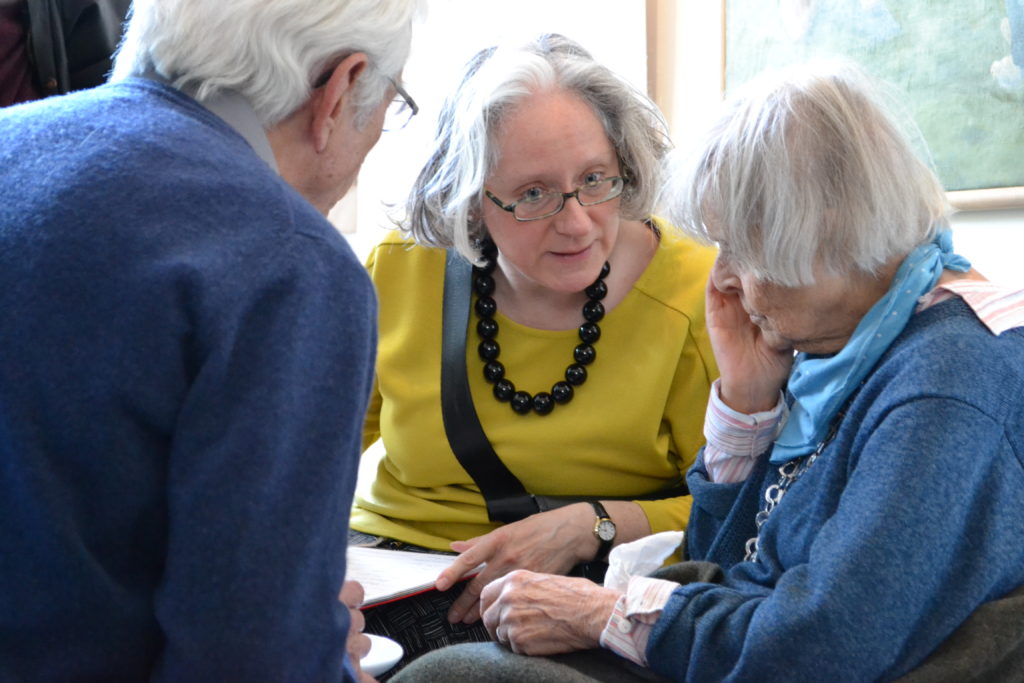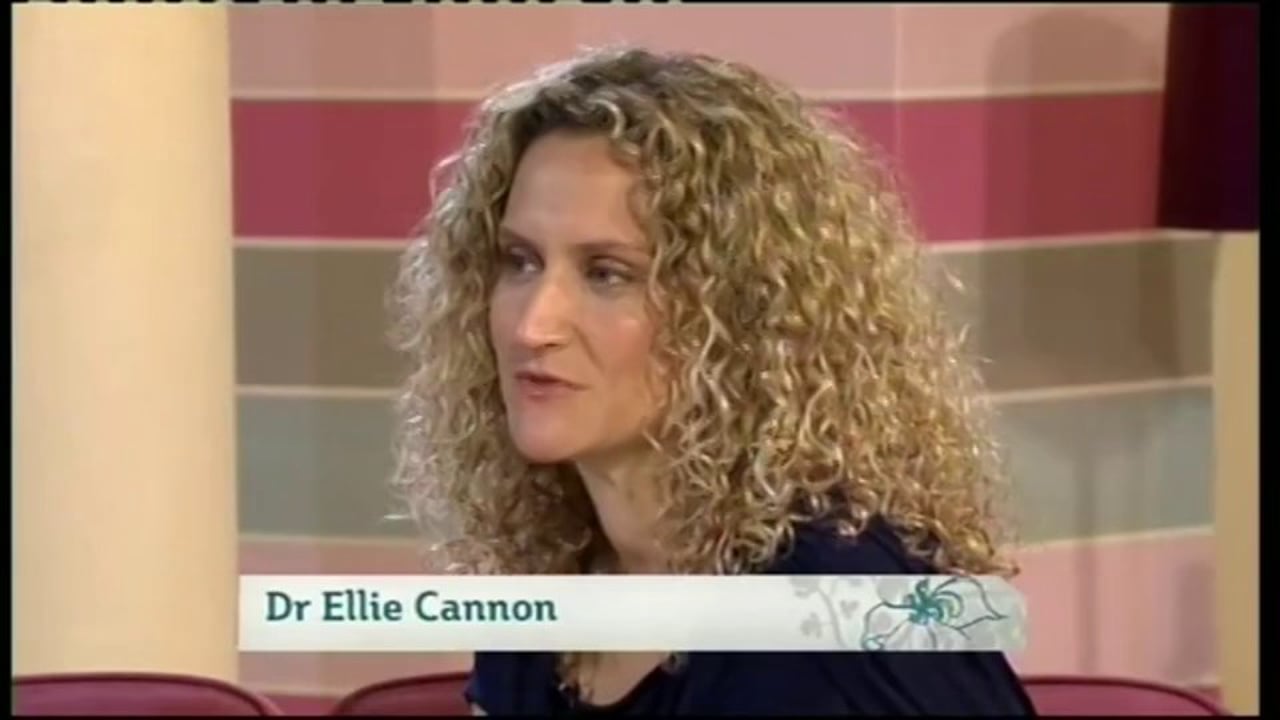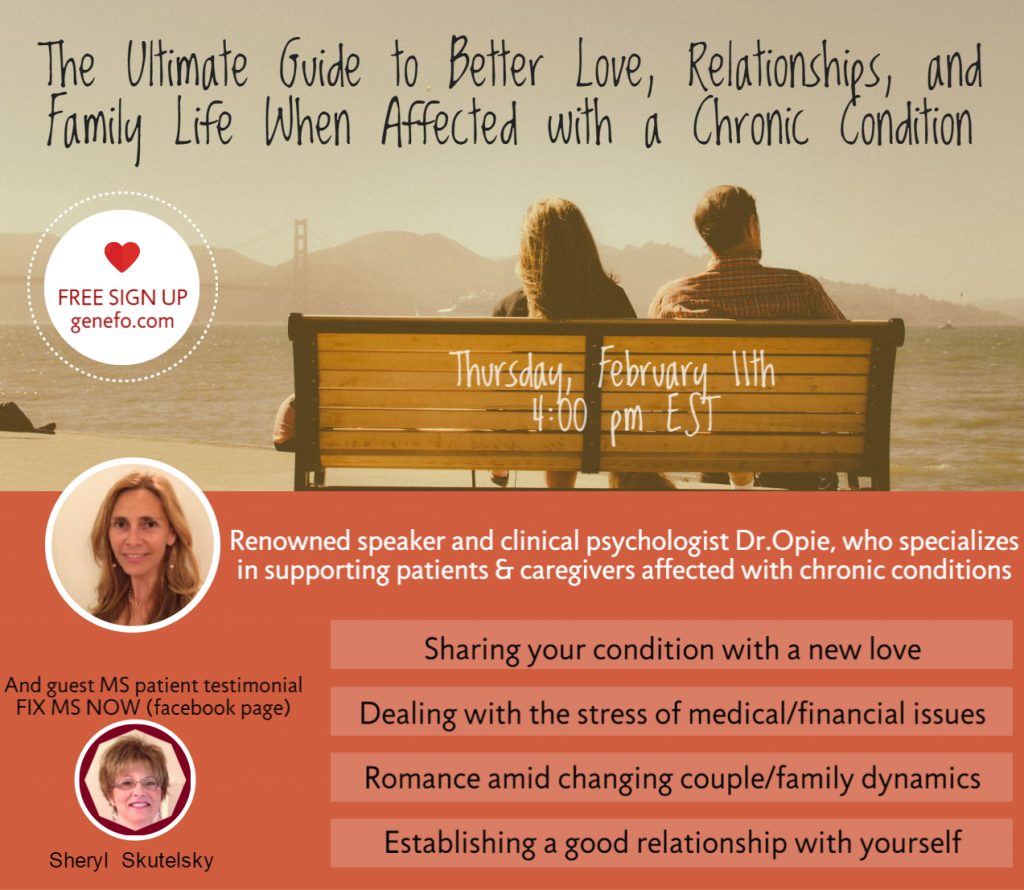Huntington’s disease is an inherited condition that damages certain nerve cells in the brain.
This brain damage gets progressively worse over time and can affect movement, cognition (perception, awareness, thinking, judgement) and behaviour.
Early features can include personality changes, mood swings, fidgety movements, irritability and altered behaviour, although these are often overlooked and attributed to something else.
Read more about the features of Huntington’s disease.
Huntington’s disease was originally called Huntington’s chorea (“chorea” is the Greek word for dancing). This is because the involuntary movements associated with the condition can look like jerky dancing. However, “disease” is now the preferred term, because the condition involves a lot more than just abnormal movements.
Huntington's disease is caused by an inherited faulty gene. However, in around 3% of cases, there's no family history of the condition, normally because the parents died at a young age.
Read more about the cause of Huntington's disease.
Diagnosing Huntington's disease
If you have symptoms of Huntington's disease, your GP will refer you to a specialist clinician (usually a neurologist) if they feel your symptoms need further investigation.
The specialist will ask about your symptoms to assess how likely it is that you have Huntington's disease and to rule out similar conditions.
They may also test a number of physical functions, such as your eye movements, balance, control, movement and walking. Your speech and cognition may also be tested. All of these can be affected by Huntington's disease.
Genetic testing can be used to confirm the diagnosis.
Read more about how Huntington's disease is diagnosed.
Treating Huntington's disease
There's no cure for Huntington's disease and its progress can't be reversed or slowed down.
As the condition progresses, it may put a strain on family and relationships. Treatments for Huntington's disease aim to improve any mood disturbance; this is done to maintain skills used in daily living that can deteriorate over time.
Medication can help manage some of the symptoms, such as irritability or excessive movement. Therapies such as speech and language therapy and occupational therapy can help with communication and day-to-day living.
Support is also available for the family of a person with Huntington's disease. This includes, for example, testing family members who don't have any of the condition's features (manifest) to see whether they carry the gene, or help with choosing a suitable care home in advanced cases.
Read more about how Huntington's disease is treated and living with Huntington's disease.
Huntington's disease usually progresses and gets worse over a 10-25 year period from when it first appears, before the person eventually dies from it. During the condition's later stages, the person will be totally dependent and need full nursing care.
Death is usually from a secondary cause, such as heart failure, pneumonia or another infection.
Who's affected by Huntington's disease?
Both men and women with a family history of Huntington's disease can inherit the condition. Symptoms usually start to appear during adulthood.
Juvenile (children's) Huntington's disease develops before the age of 20. Only 5-10% of people with Huntington's disease develop it at a very young age, and the pattern of features may be different.
It was previously thought that 4-6 people in a population of 100,000 were affected by Huntington's disease. However, UK research carried out in 2012 found the actual figure for those affected by the condition to be about 12 people per 100,000.
It's thought that the number of people who have the Huntington's gene and are not yet affected is about twice that of those who have symptoms.
Current research
Research is underway to find disease-modifying medication and new treatments for the features of Huntington's disease.
Exciting progress has been made in identifying potential ways of slowing down or halting the condition by "switching off" the faulty gene that causes Huntington's disease.
See our page on clinical trials for Huntington's disease for details of the clinical trials that are currently running. You can find out more by visiting the European Huntington's Disease Network.
Information about you
If you have Huntington's disease, your clinical team will pass information about you on to the National Congenital Anomaly and Rare Diseases Registration Service (NCARDRS).
This helps scientists look for better ways to prevent and treat this condition. You can opt out of the register at any time.



